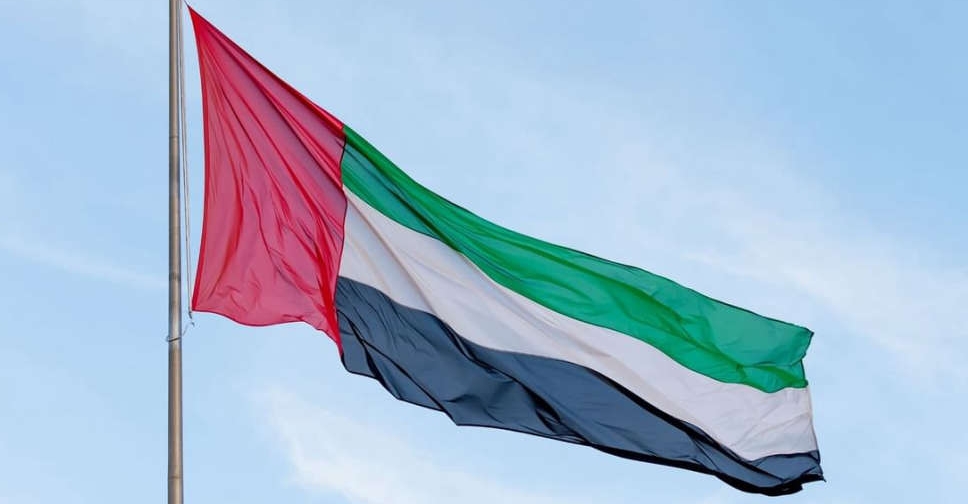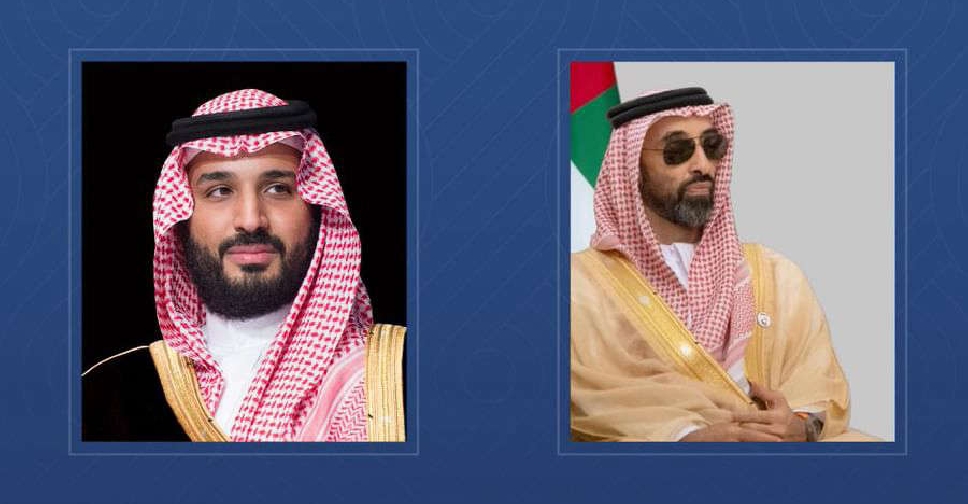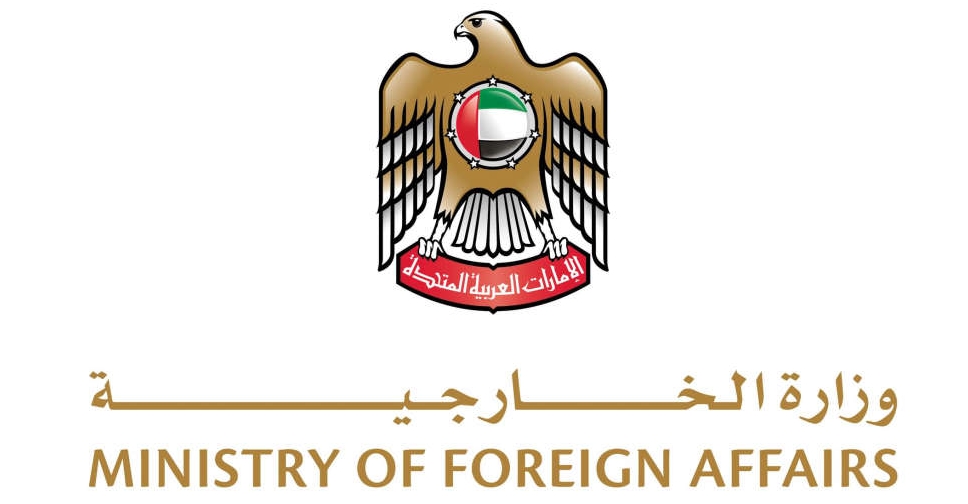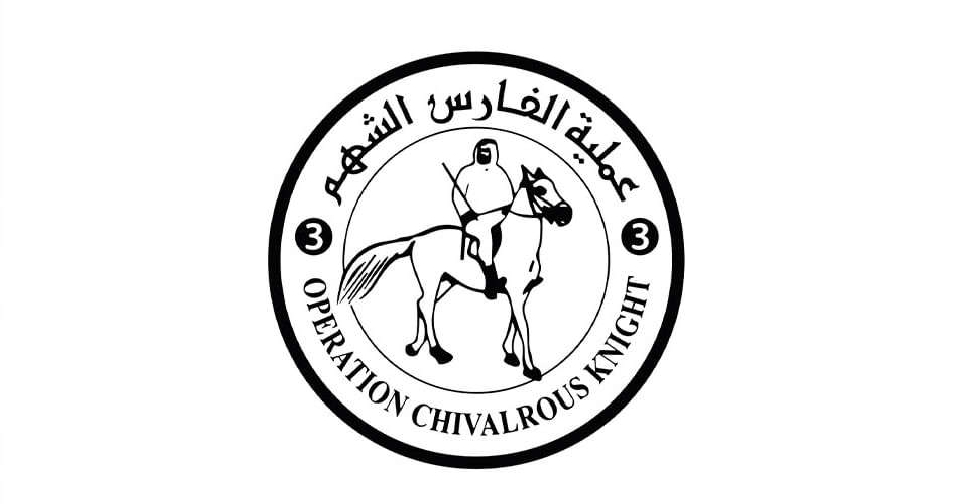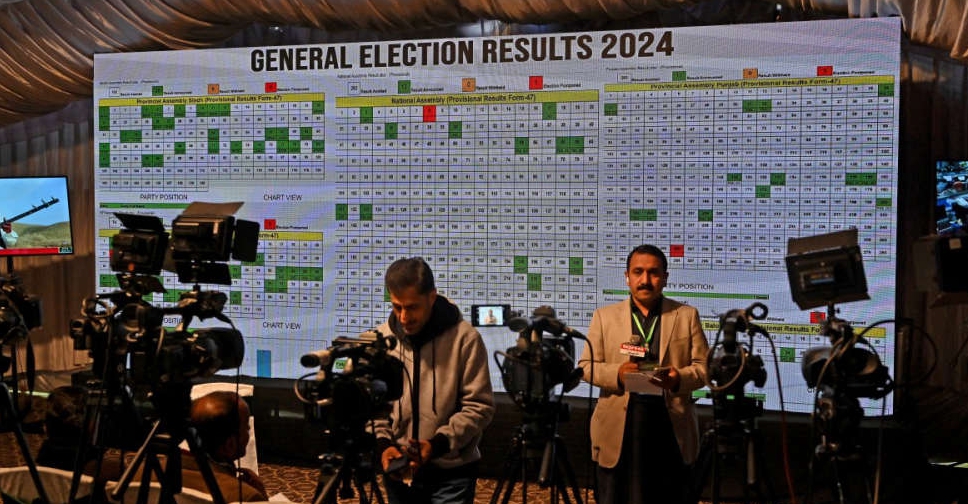
Pakistan's army chief congratulated the country on the "successful conduct" of its national elections, saying the nation needed "stable hands" to move on from the politics of "anarchy and polarisation".
The nuclear-armed South Asian nation voted on Thursday in a general election that remains undecided as it struggles to recover from an economic crisis and battles militant violence in a deeply polarised political environment.
Former prime ministers Nawaz Sharif and Imran Khan both declared victory on Friday.
Pakistan Chief of Army Staff Asim Munir "wishes that these elections bring in political and economic stability and prove to be the harbinger of peace and prosperity for our beloved Pakistan," according to a statement released by the media wing of the military.
On Friday, the United States, Britain, and the European Union each expressed concerns about Pakistan's electoral process, urging a probe into reported irregularities.
British Foreign Secretary David Cameron cited "serious concerns" that raised questions "about the fairness and lack of inclusivity of the elections".
Pakistan's foreign office countered the international criticisms on Saturday, saying they ignore the "undeniable fact" of Pakistan conducting elections successfully.
"It is our hope that the process will be concluded effectively and it will reflect the will of the people," said former Nigerian President Goodluck Jonathan, who is leading the Commonwealth team to observe Pakistan's elections.
Jonathan called on those with grievances over the election to raise them in line with the laws of Pakistan.
Sharif said his party had emerged as the largest and would talk to other groups to form a coalition government.
Khan, who is in jail, released an audio-visual message created with artificial intelligence rather than having a statement read out by his lawyers, as is usually the case.
Khan rejected Sharif's claim to victory in the message on social media platform X, calling on his supporters to celebrate what he called a win achieved despite a crackdown on his party.
Independent candidates backed by Khan won the largest share in parliament, despite his imprisonment for convictions on charges ranging from leaking state secrets to corruption to an unlawful marriage, and even though his party was barred from the polls.
About 100 of the winning candidates are independents, all but eight of them backed by Khan's party, said the Free and Fair Election Network, a non-profit electoral watchdog.
Khan's close aide and media advisor, Zulfi Bukhari, told Reuters the party will soon announce the party banner they will ask independents to join. In Pakistan, independent candidates cannot form a government on their own and need to join a party.
The banner for independent candidates backed by Khan's Pakistan Tehreek-e-Insaf (PTI) party will be announced within the next 24 hours, Bukhari said.
"And we have no fear of independents going anywhere because these are the people who have struggled for the last 18 months and endured all kinds of torture and oppression," he told Reuters in a voice note over WhatsApp.
Sharif's Pakistan Muslim League-Nawaz (PML-N) won 71 seats, while the Pakistan People's Party of Bilawal Bhutto Zardari, the son of assassinated premier Benazir Bhutto, got 53.
The rest were won by small parties and other independents, with more than a dozen seats still up for grabs more than 40 hours after polling ended.

 Russia's all-night drone attack on Kyiv injures 14, Ukraine says
Russia's all-night drone attack on Kyiv injures 14, Ukraine says
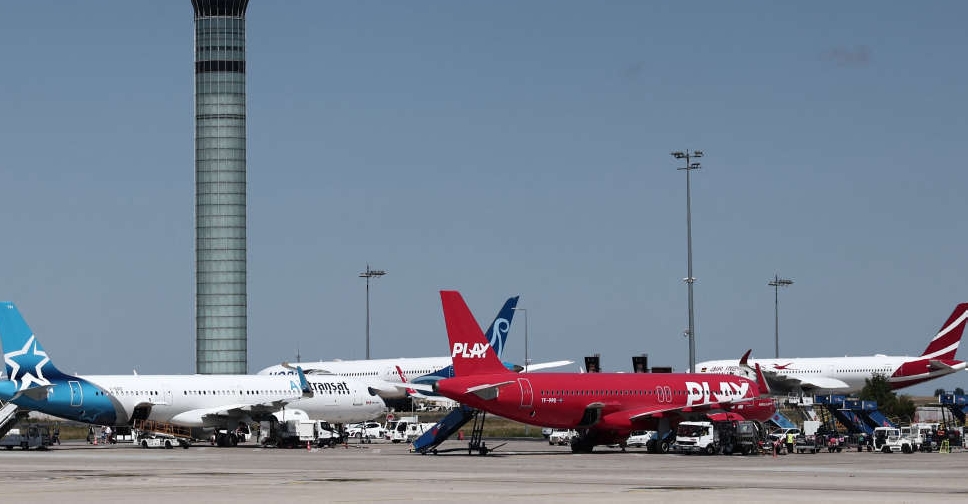 French air traffic controllers' walkout disrupts early summer season travel
French air traffic controllers' walkout disrupts early summer season travel
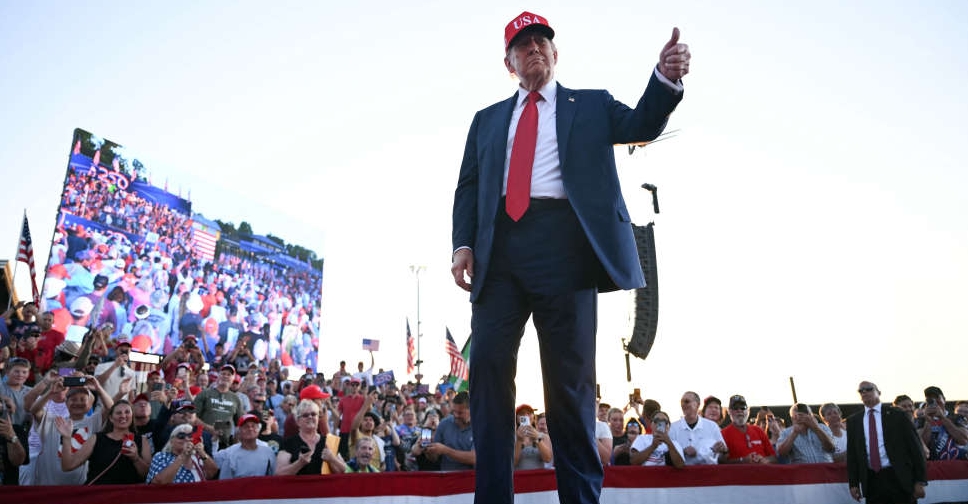 Trump celebrates tax bill victory at Iowa fairground rally
Trump celebrates tax bill victory at Iowa fairground rally
 Several people stabbed near shopping centre in Finland's Tampere
Several people stabbed near shopping centre in Finland's Tampere
 GCC condemns continued Israeli aggression against Palestinians
GCC condemns continued Israeli aggression against Palestinians
